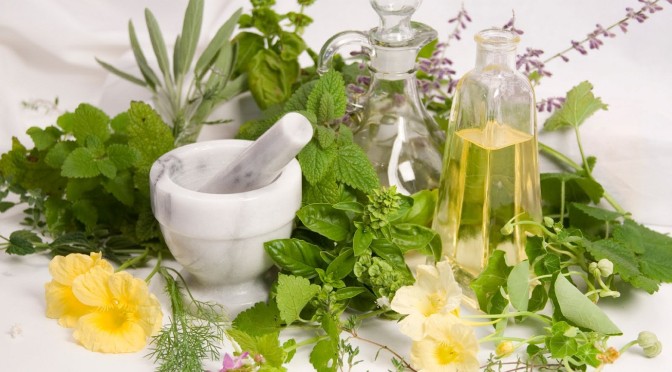From Mrs. Cog's Corner
The content on this page is for discussion purposes relating to health and well being only and is not intended to be medical advice. Links and sources provided are for informational purposes and do not represent an endorsement of a person, product or treatment.
Mainstream sources will tell you essential oils are the distilled aromas of a plant, sometimes with other properties. Natural medicine unveils that essential oils are actually the highly concentrated medicinal property of a plant.
Because essential oils are so powerful, they can be a bit tricky to use. A few can make you sick if you take too much or use them the wrong way. For instance, several are anti-coagulant and you cannot take them if you are also taking pharmaceutical medicine that is a blood thinner. Further, unlike over the counter medicines, these oils come with no instructions or warning labels. Because they are natural, the FDA (so far) does not regulate them and the western medical world does their best not to acknowledge these alternatives.
Since essential oils are derived from plants who have DNA not so different from our own, our bodies do not see them as a foreign substance when they enter our body. Usually, our bodies do not fight the oils and allow them to have natural healing effects more easily than any processed pharmaceutical drug might. Our body chemistry does know that most prescription drugs are foreign substances and not natural and treat them as such. The essential oils have the properties of the defense and immune system of the plant itself and our bodies seem to recognize this and utilize the benefits in it accordingly.
Many essential oil companies use chemicals and solvents to distill the essential oils, so sourcing them as legitimate "therapeutic grade" is important. I read many blogs and hundreds of comments from people who have used various oils and brands to see what people have to say. I always try something myself before I give it to anyone else to take. You will not find me discussing anything that I have not tried myself.
Essential oils can enter the body three ways. One is to inhale it. The fumes are quite powerful. When you smell Vicks Vapor Rub, that is the Eucalyptus Oil you are inhaling that clears your sinuses, same principal. The chemicals do enter your bloodstream this way. The second way to use oils is topically, rubbing it on your skin to be absorbed into your blood system. This is very effective. Most essential oils need to be diluted in a bland oil called a "carrier oil" in order to apply it topically, but not all of them. The last way is to ingest it in a pill, drink or food. (You MUST research to know which oils are GRAS.) They actually sell empty gel caps you can fill with oils, but I do not use them. I prefer to drink it in a warm drink such as tea or warm cider. On occasion I have put a few drops on a cracker and washed it down with a beverage. I have read that topical application, rubbing an oil into your skin may be more effective. Why put a medicinal item into your digestive system to be processed if you can rub it on and have it directly absorbed, circumnavigating the process of digestion? There is wonderful conversation and debate about this in the Essential Oil blogging world.
One more thing, the method of inhaling oils is called aromatherapy. The oils and so called aromatherapy you see in most stores? NOT THE SAME THING. It is a commercial version to capitalize on pretty and soothing smells, but it is far from therapeutic grade essential oils in a wellness context. Do your homework!
More from Mrs. Cog:
Links and Resources:
- The FDA GRAS (Generally Recognized As Safe <to ingest>) List
- The Healing Intelligence of Essential Oils
- The Complete Book of Essential Oils and Aromatherapy
- The Encyclopedia of Herbal Medicine
- Clinical trial on efficacy of essential oils
- Index of results from more than 500 clinical trials on essential oils and cancer
- Above search link can be broadened or refined to search for specific conditions and essential oils, over 12,000 studies in the database currently.
- Essential Oils for SHTF Medical Care By Tess Pennington at Ready Nutrition
Essential Oils Effective Against MRSA ( Methicillin-Resistant Staphylococcus Aureus infections):
- Essential Oils Kill MRSA Bacteria
- Clinical Studies on MRSA and Essential Oils
- Clinical Study: Renaissance of antimicrobial essential oils as a promising force to fight hospital-acquired infections
- Clinical Study: Cinnamon Essential Oils "excellent" against e-coli, MRSA, salmonella and more... (It is important to note: There is a very big difference between cinnamon LEAF and cinnamon BARK. Please read more here.)
